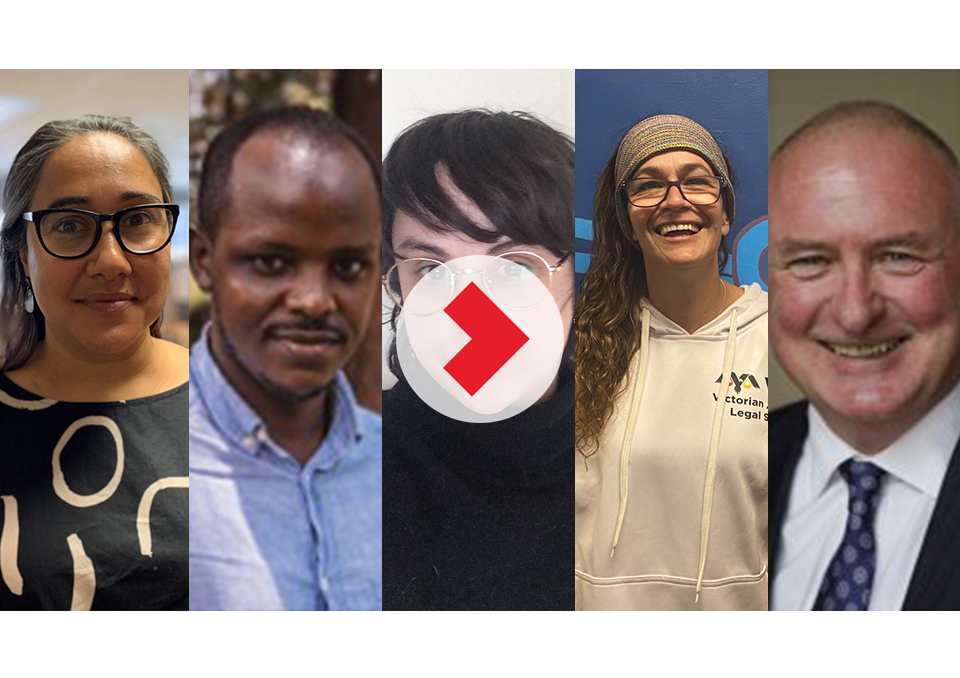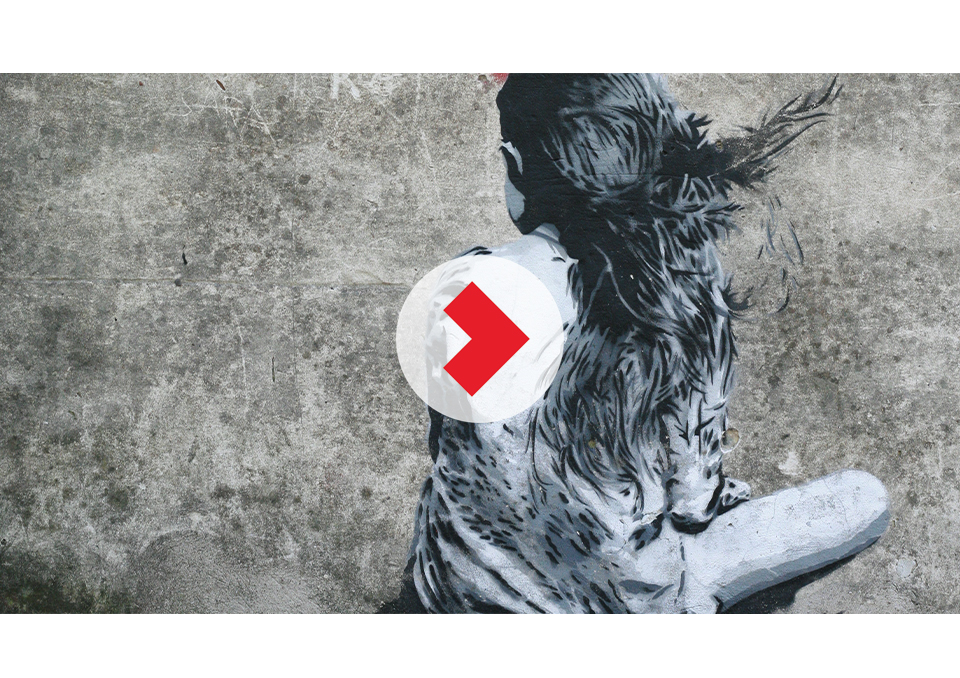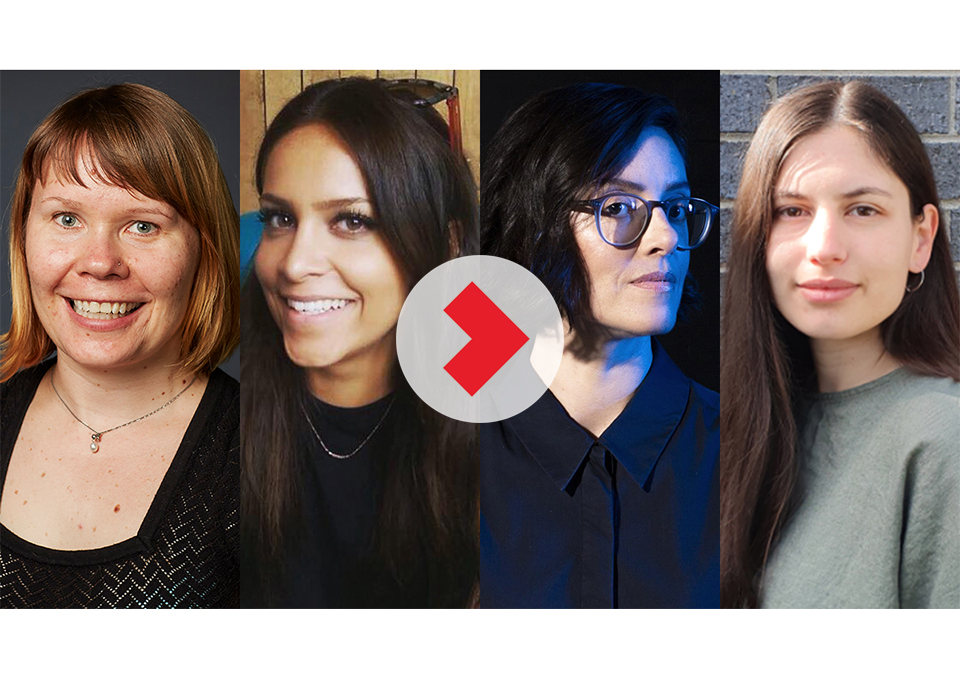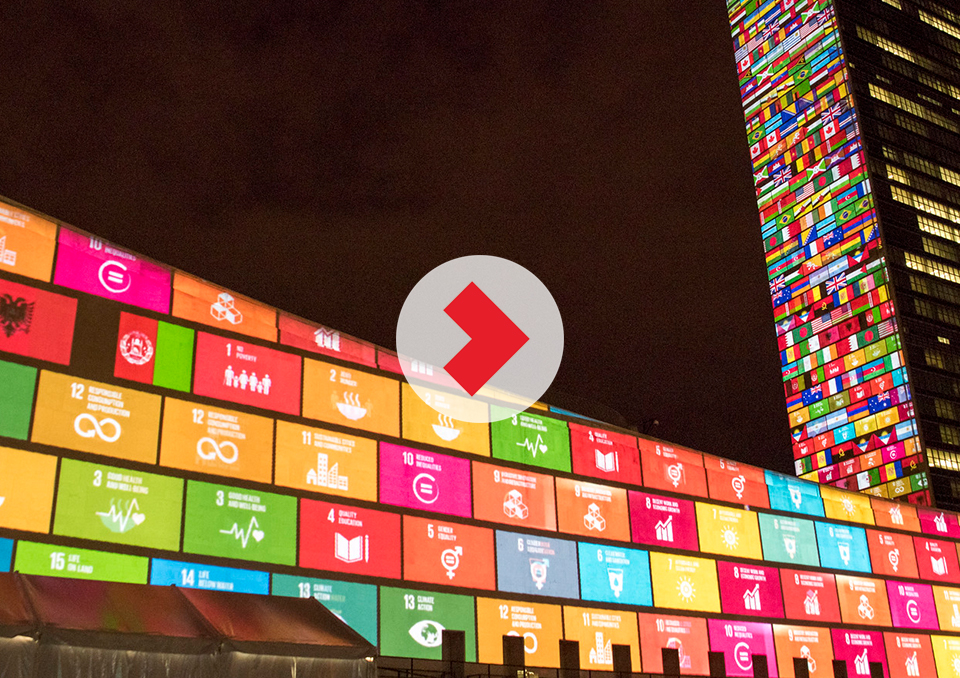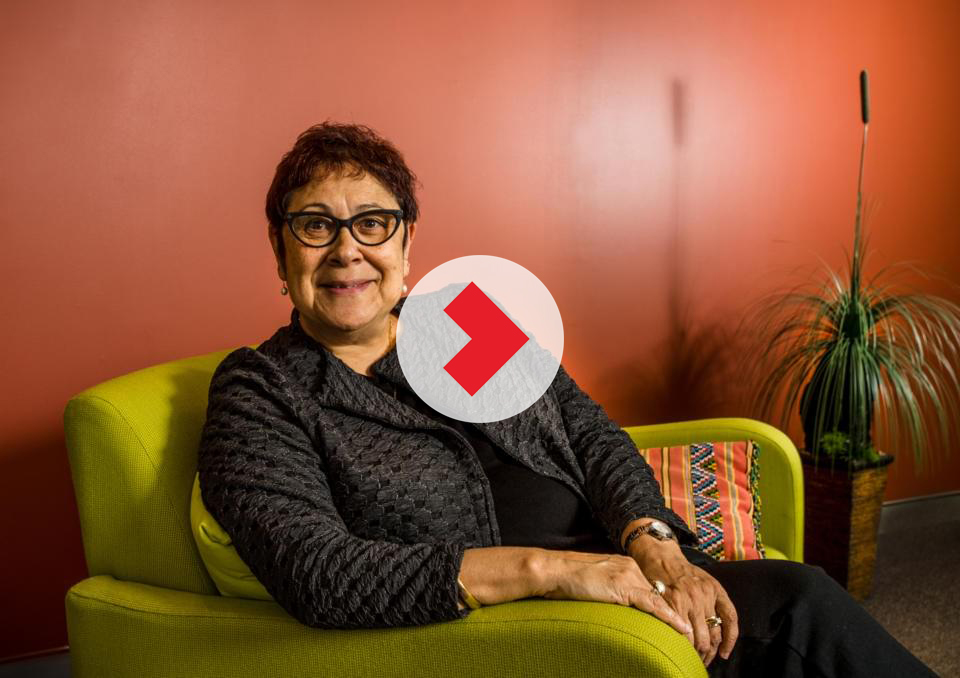Hear about the research coming out ot the Social Equity Research Centre and researcher insights on the latest developments in societal & global circumstances.

Understanding LGBTQA+SB suicidal behaviour and improving support
A study led by Katherine Johnson, along with Switchboard, Roses in the Ocean and University of Sydney, interviewed members of the LGBTQA+SB community to understand their lived experiences of suicidal thoughts and behaviours, and uncover factors that protect people at these times of distress.
Policing & Mental Health: Upholding a Rights Based Approach
This panel on policing and mental health, brings together engaging experts to discuss how mental health and policing services can better respond to people experiencing a mental health crisis.
Topics discussed include the relationships between First Nations people, colonisation, policing and mental health, and how the consumer perspective can provide essential guidance in embedding rights based responses to crisis.
Breaking New Ground, Measuring Impact and Looking Ahead: The Gender Equality Act 2020 (Vic)
As the first law of its kind in Australia, the Gender Equality Act 2020 (Vic) aims to improve gender equality in higher education, local government and the public sector, covering around 11 per cent of the Victorian workforce. In addition to establishing the Public Sector Gender Equality Commission, this ground-breaking legislation requires the public sector, councils and universities to take positive action towards achieving workplace gender equality and to promote gender equality in their policies, programs and services.
Missing Children: Young people and residential 'care'
Young people in residential care have experienced hardship beyond what most can reconcile. It is acknowledged that this group of young people are extremely vulnerable but also extremely resilient. We need to recognise that the experiences of young people in care demonstrate life maturity beyond their years. Simultaneously, extended time without support, safety and unconditional love impacts how we are able to navigate the world. Young people in care need responsive care that is caring, supportive and makes them feel genuinely cared for.
Marking International Youth Day 2021, this seminar considers how professionals and services can better respond to create a genuine system of care.
Feminism, Citizenship and the Digital Era
While in the early days of the internet, there was much optimism surrounding the ways in which online engagements might overcome the traditional constraints of gender, scholars and activists have clearly shown that gender inequality in the digital era remains a significant problem. This is illustrated by the gender digital divide, the in-built biases in the development of artificial intelligence and algorithms, and the widespread problem of technology-facilitated abuse.
Marking International Women's Day 2021, this seminar highlights how these issues don’t affect women equally, but rather disproportionately impact on Indigenous women, women of colour, LGBTIQ+ people, those with disabilities, and women in the Global South.
What's next for social justice? Reform in Victoria's Mental Health System
Can the Royal Commission into Victoria’s Mental Health System delivered on its promise to “enable Victorians to experience their best mental health now and into the future”?
Marking World Day of Social Justice 2021, our esteemed speakers explore the Royal Commission’s recommendations, highlight gaps and barriers to implementation, and identify areas where further work is required.
Will these recommendations fix our broken mental health system, or is this just the latest in a series of failed reform attempts? Is a socially just mental health system in our future?
